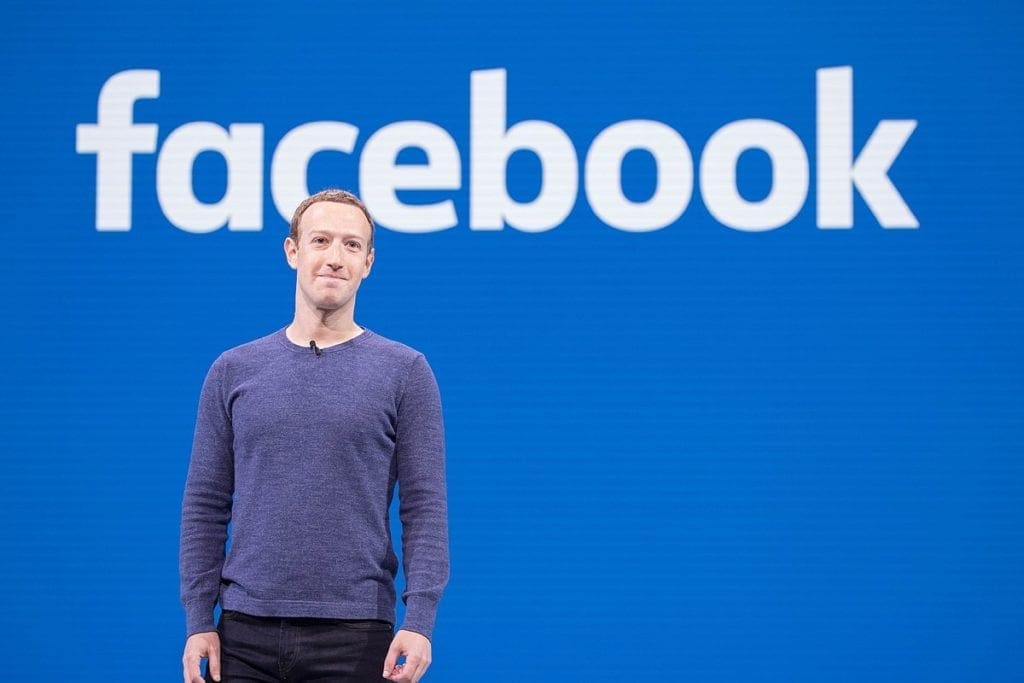Politicians continue to fight a war against private businesses over expression, with the United Kingdom being the last to join the censorship movement. It is now only a matter of time before the United States follows suit.
After Australia passed a bill to fine internet companies for hosting any “abhorrent content,” UK Prime Minister Theresa May announced a plan that would institute fines for internet companies allowing any type of “online harms.”
Claiming that social media is harmful to children and that tech industries have a duty to put an end to “harmful” content, May said in a video that even “trolling” is grounds for a fine.

“Cyberbullying, including trolling, is unacceptable,” May said. “Being bullied online can be a deeply upsetting experience, particularly for children or other vulnerable users.”
In addition, the plan targets people who use social media platforms to mock public figures.
Because “those involved in public life in the UK,” May explained, “experience regular and sustained abuse online, which goes beyond free speech and impedes individuals’ rights to participate.”
To the politician, harsh words posted against public figures are not just “upsetting and frightening for the individual involved,” they also “[corrode] our democratic values and [dissuade] good people from entering public life.”
It’s almost as if May never heard the old adage, “sticks and stones will break my bones, but words will never harm me.”
Politicians Hate a Knowledgeable Crowd
To implement this plan, May wants to establish a new regulatory body to put together a “code of practice” for online firms. Bureaucrats would also have the power to fine anyone who fails to meet their loosely defined standards. In many cases, even legal content would have to be axed, all it would take is for someone to complain about it.
As pointed out by Tech Dirt, the plan is not about protecting people from bullying but to unleash a major censorship campaign targeting anyone who goes against the leading narrative. It also has the potential of becoming a tool in the hands of the political elite as it may allow for elected officials to target critics. This is especially true if you consider how vague wording was used on both the Australian bill and May’s plan.
Politicians know that failing to properly define what type of content is considered inappropriate allows for a flexible use of the rule. If May gets her way, this plan would turn into a great tool in the hands of the political elite.
As Sir Kenneth Clark explained in Civilization, “authoritarian governments don’t like dictionaries.”
Because politicians “live by lies and bamboozling abstractions,” he carried on, they “can’t afford to have words accurately defined.” That’s why plans such as the one presented by May bank on loose descriptions while also using the panicky “think of the children” appeal. Whenever a critic comes up with any valid argument against them, all officials have to do is attack the critic for his or her lack of compassion.
In the UK’s case, the plan also adds an equality clause to the rules, forcing online companies to come up with a “fairness doctrine” to help promote “diverse content.” Needless to say, this addition is just for show. After all, once politicians and bureaucrats begin to strike content because it’s “hurtful” to somebody, there will be nothing truly diverse left online. Still, the addition was a clever one, as it gives proponents of the plan yet another weapon against critics.
Don’t like the government censoring social media? Well, you’re against diversity in thought!
Instead of moral panic and fear mongering, what we need now is more freedom. But career politicians aren’t the ones ready to work diligently for it. Instead, they are the ones squelching it.
It is high time we finally come to terms with this reality, before someone in the United States has the brilliant idea of following into Australia’s and the UK’s footsteps. After all, Facebook’s Mark Zuckerberg is already lobbying for more government regulation at home. It is only a matter of time before his efforts ignite an even broader censorship movement.

























